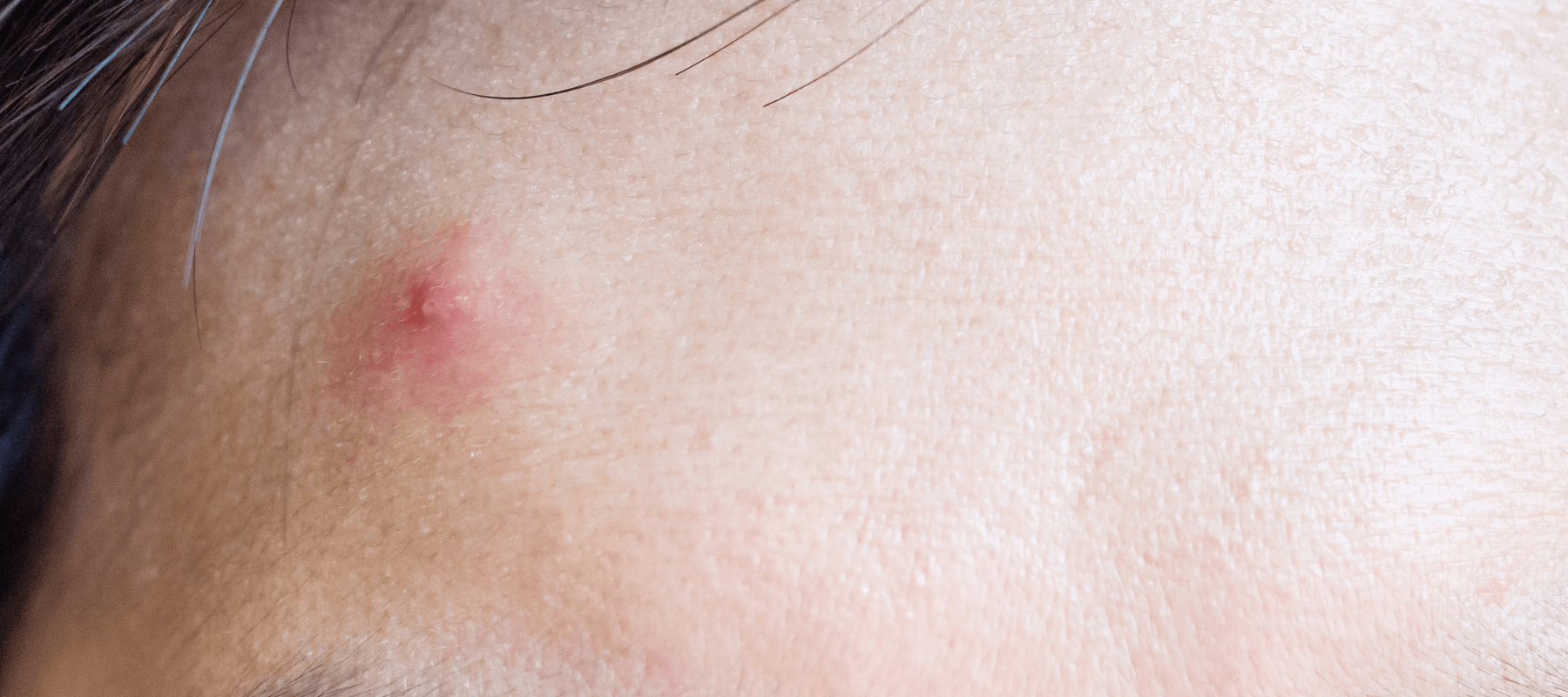
Understanding Inflammatory Acne: Causes, Symptoms, and Treatment Options
Worldwide, millions grapple with the pervasive skin ailment: acne; inflammatory acne—one of its most recurrent and troublesome forms—is especially problematic. The generic term "acne" merely describes skin eruptions and blemishes; however, "inflammatory acne" can cause discomfort and even permanent scarring.
What Causes Inflammatory Acne?
The skin typically produces an oily material—sebum—in order to maintain moisture; this sebum primarily contributes to the formation of inflammatory acne. When, however, the sebaceous glands overproduce such oil, it combines with dead skin cells and obstructs hair follicles, thereby creating a conducive environment for Propionibacterium acnes (P. acnes). It is a bacteria responsible for causing acne. Multiple factors provoke the development of inflammatory acne; these include:
1. Changes in Hormones
Hormonal changes occurring during puberty, menstruation, pregnancy, or other medical conditions – may stimulate sebaceous glands to generate increased levels of sebum; a potential trigger for acne growth.
2. Genetics
Should your parents or other close relatives have suffered from acne, there's a heightened likelihood that you might be more susceptible to it. In particular, if your genetics influence the size and activity of your sebaceous glands--you may find yourself particularly prone to inflammatory acne.
3. Diet
While research into the relationship between food and acne is still underway, several studies indicate that dairy products and a high-glycemic diet may aggravate acne in certain people.
4. Skin Products
When you use heavy, pore-clogging skincare or cosmetics products that aren't right for your skin type, you run the risk of developing acne.
Signs and Symptoms of Inflammatory Acne
The body's immunological reaction to the P. acnes bacteria causes inflammation, which causes the afflicted regions to become red and swollen. Inflammatory acne typically presents with a range of symptoms, including:
1. Pustules
Pustules, which are tiny, pus-filled pimples that can hurt and feel uncomfortable to the touch, are a common byproduct of inflammatory acne.
2. Papules
Papules are solid, elevated lesions that are red and inflammatory, but they don't have the white or yellow pus that pustules have.
Different Types of Inflammatory Acne
There are various types of inflammatory acne. It’s important to understand the different types for better treatment. Here are a few typical examples:
1. Comedonal Acne
Blackheads and whiteheads—commonly referred to as closed and open comedones—are the main components of this kind of inflammatory acne. These happen when sebum and dead skin cells obstruct hair follicles without causing inflammation. If not treated, they may develop into more inflammatory types.
Also read: Comedonal Acne: Causes, Symptoms & Treatment
2. Papulopustular Acne
Papulopustular acne develops red, inflammatory papules and pustules, which are frequently mistaken for the standard "zit" or pimple. This kind of acne is fairly prevalent and responds well to different treatments.
3. Nodulocystic Acne
The most severe and agonising type of pimple inflammation is nodulocystic acne. It includes the development of deep nodules and cysts beneath the skin's surface, which, if improperly treated, can leave behind considerable scarring.
Treatment Options for Inflammatory Acne
Fortunately, there are a variety of acne anti-inflammatory treatments available to assist in controlling and reducing the signs and symptoms of inflammatory acne.
1. Topical Treatments
Topical medications available over-the-counter and on prescription that contain benzoyl peroxide, salicylic acid, and retinoids can help unclog pores, lessen swelling, and eradicate acne-causing germs.
2. Oral Medications
Dermatologists may recommend oral antibiotics like doxycycline or isotretinoin to treat more serious conditions in order to fight inflammation and stop the growth of germs.
3. Light and Laser Therapies
Dermatologists may advise using laser and light treatments to eliminate microorganisms and minimise inflammation. Additionally, these procedures can lessen scarring.
4. Lifestyle Changes
Making dietary changes, avoiding pore-clogging cosmetics, and establishing a skincare routine according to your skin type can all help control and prevent inflammatory acne.
Prevention Tips for Inflammatory Acne
In addition to treating inflammatory acne, prevention is crucial for reducing recurrences. Here are some recommendations to aid in preventing the start or aggravation of inflammatory acne:
1. Maintain a Consistent Skincare Routine
Use mild cleansers to wash your face twice daily and skincare products that are non-comedogenic and suited to your skin type.
For acne-prone skin, use The Pink Foundry’s Clearing & Calming Acne Face Wash, which washes delicately and battles germs that cause acne.
Combine it with their Acne Care & Healing Gel Moisturiser with Tea Tree & Cica, which is a game-changer. It moisturises without clogging pores, hydrates with calming agents, and reduces irritation while aiding healing. Together, this dynamic combo helps the skin become clear and tranquil.
Also read: Daily Skincare Routine To Follow For Getting Healthy Skin
2. Avoid Touching Your Face
Acne may get worse if you touch your face since touching can transmit germs and oil from your hands to your skin.
3. Avoid Exposure to the Sun
To protect your skin from UV rays, which can cause irritation and exacerbate acne, use a broad-spectrum sunscreen every day.
Conclusion
Having inflammatory acne may have a substantial influence on one's quality of life and self-esteem. It is a common and sometimes frustrating skin disease. Keep in mind that every person's skin is different, so it could take some trial and error to discover the best treatment strategy. Consult a dermatologist if you're having trouble with inflammatory acne so they can offer you individualised advice and support as you work toward having clear, healthy skin.























































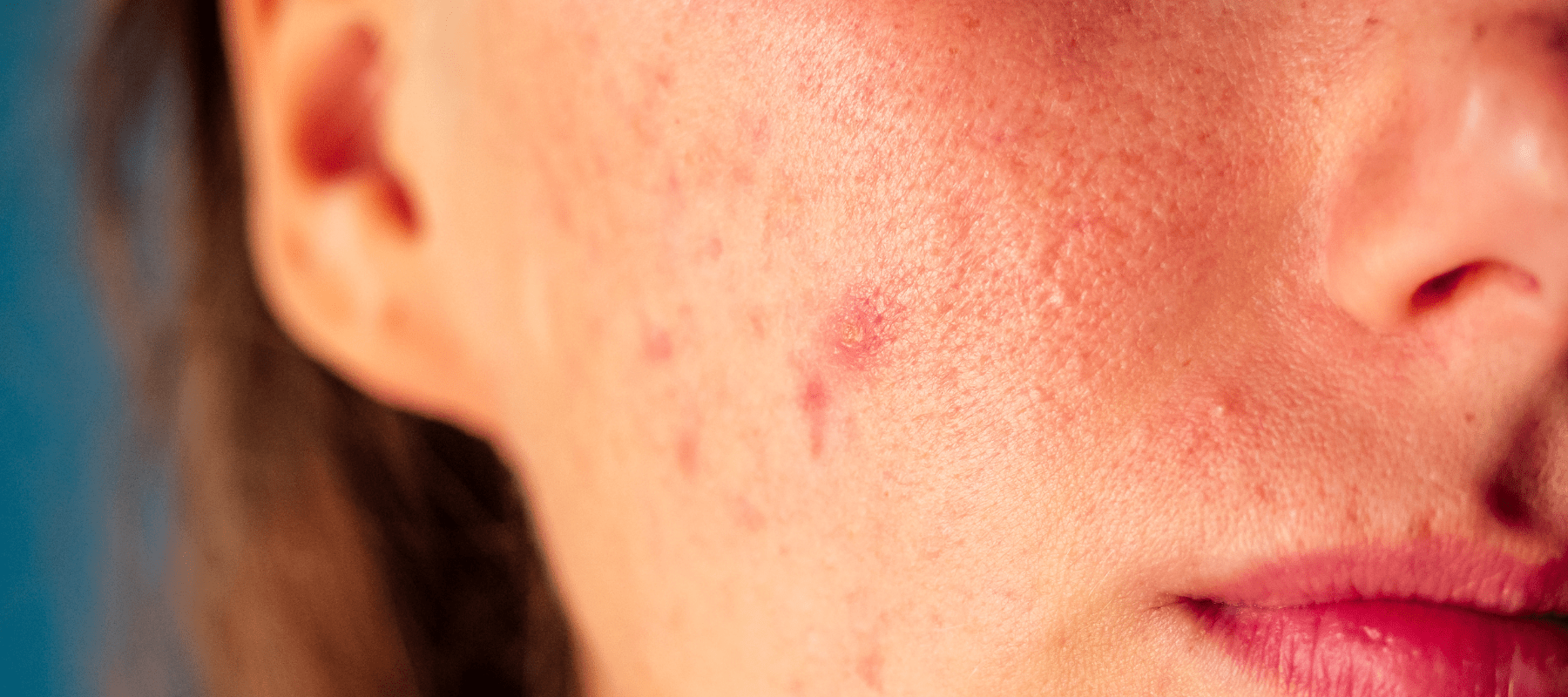
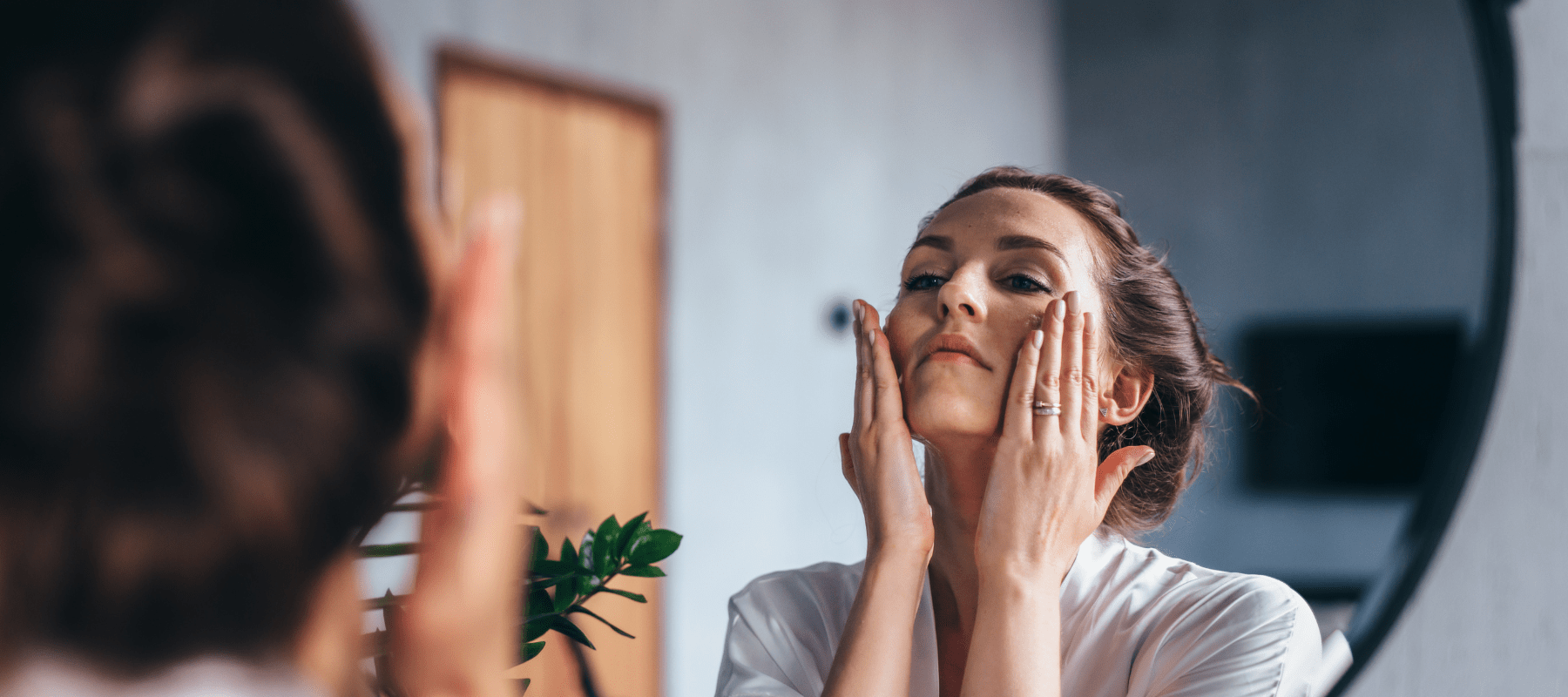
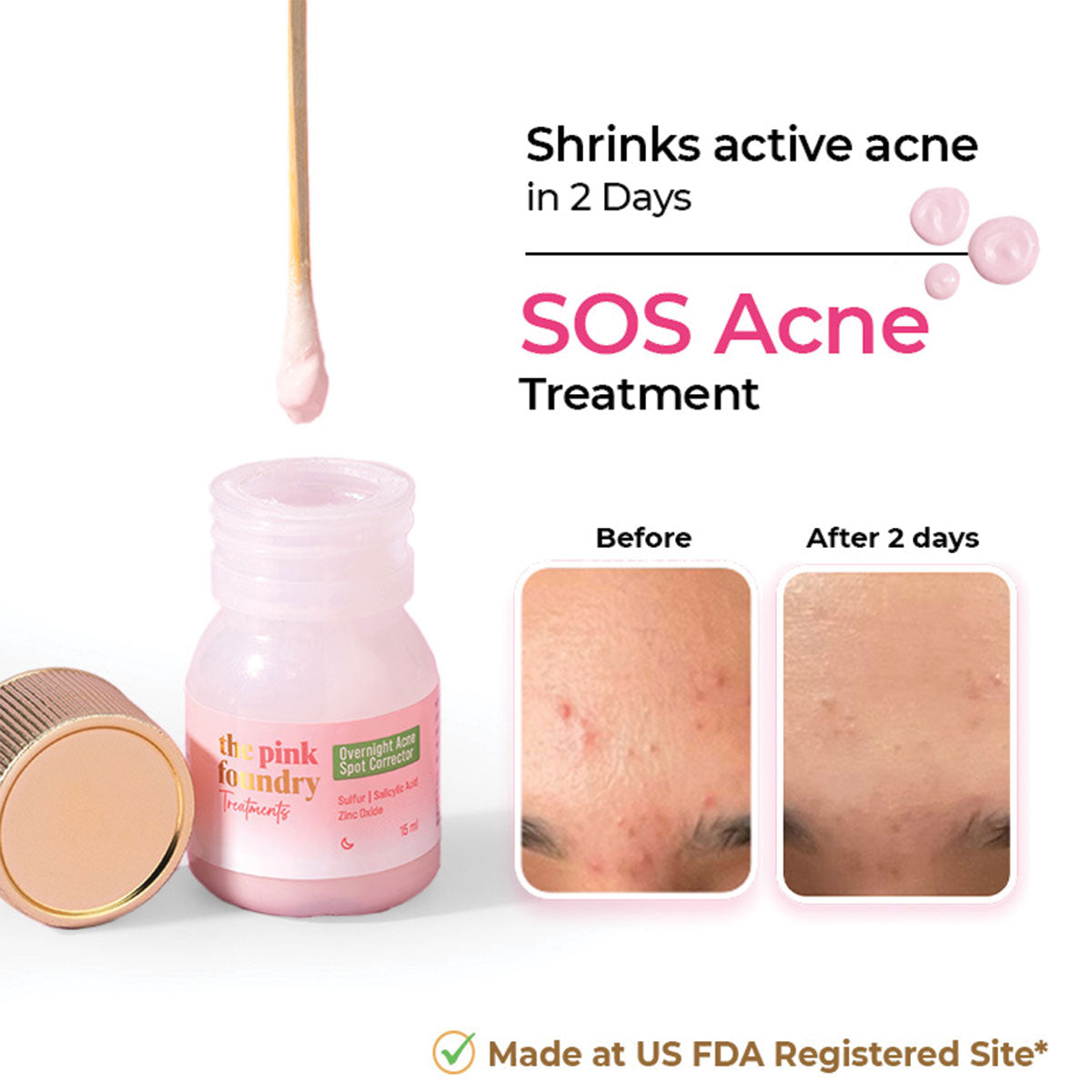
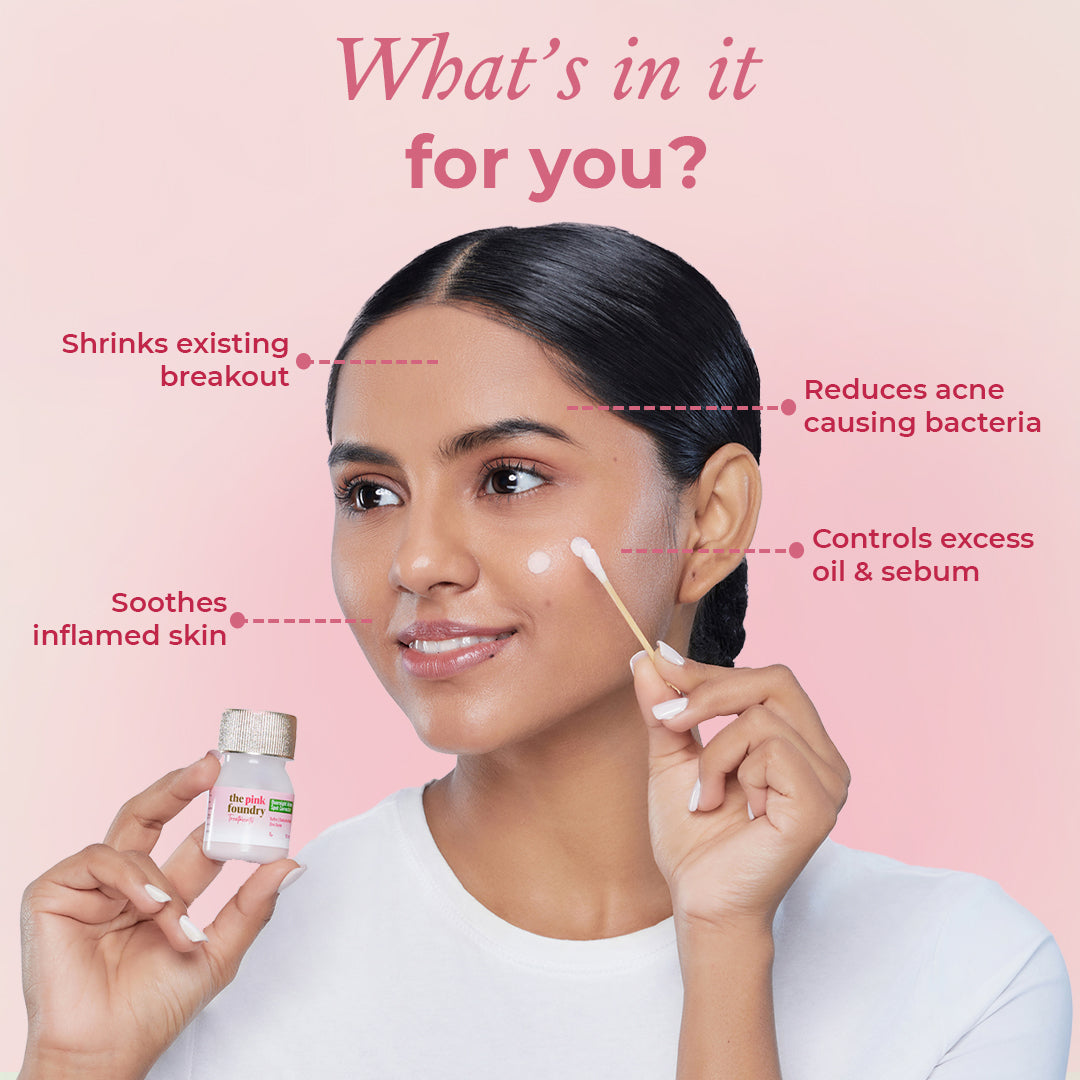


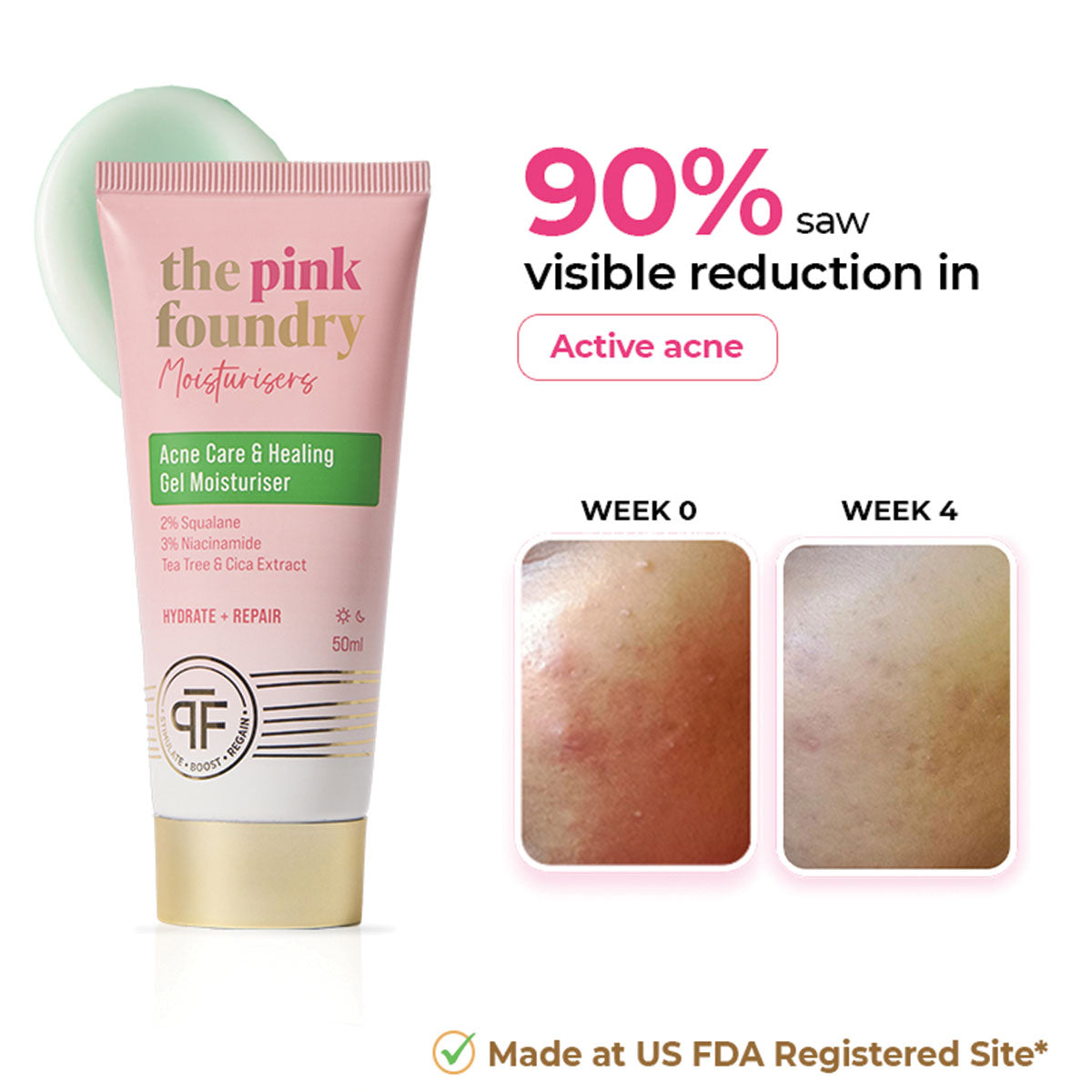
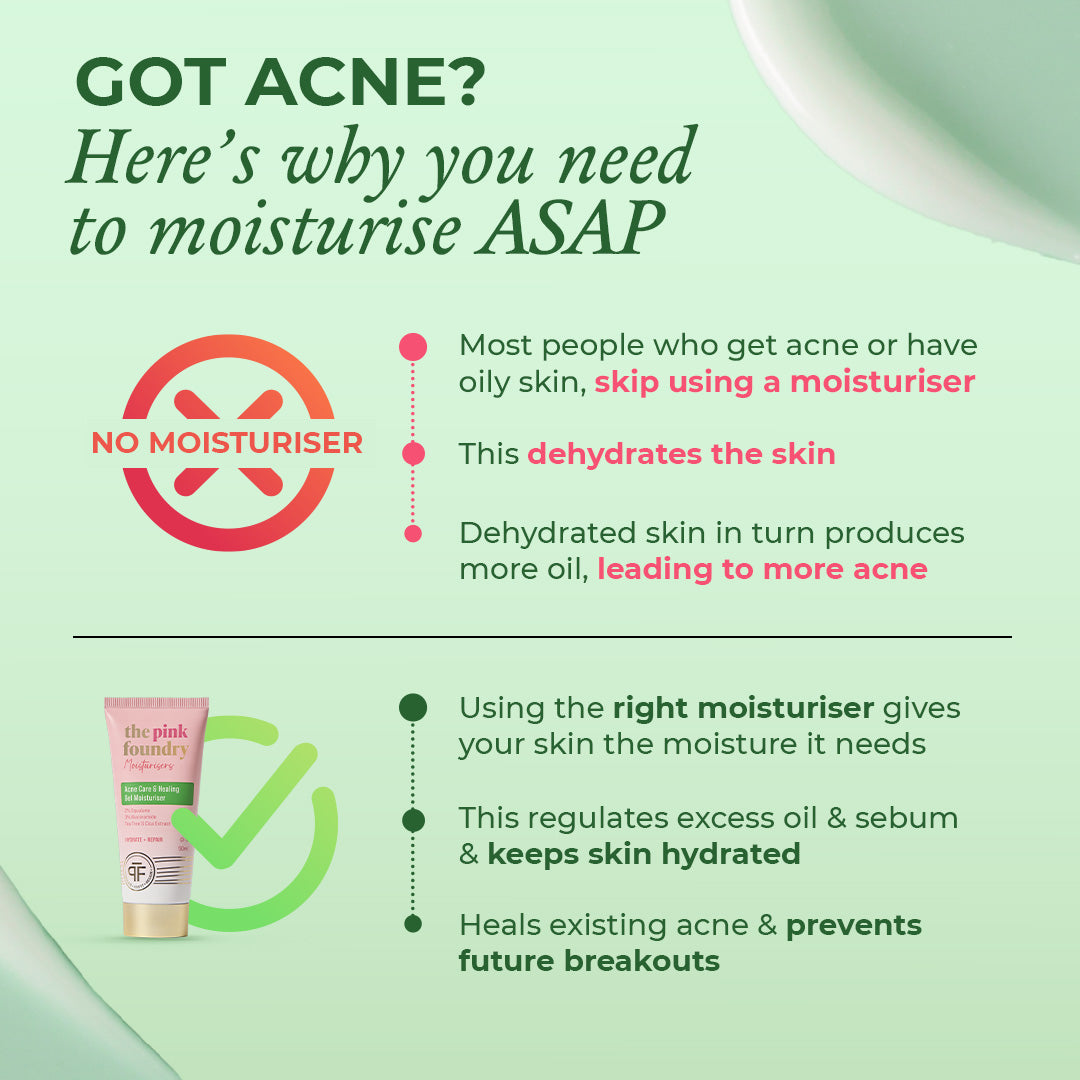










Leave a comment
This site is protected by hCaptcha and the hCaptcha Privacy Policy and Terms of Service apply.